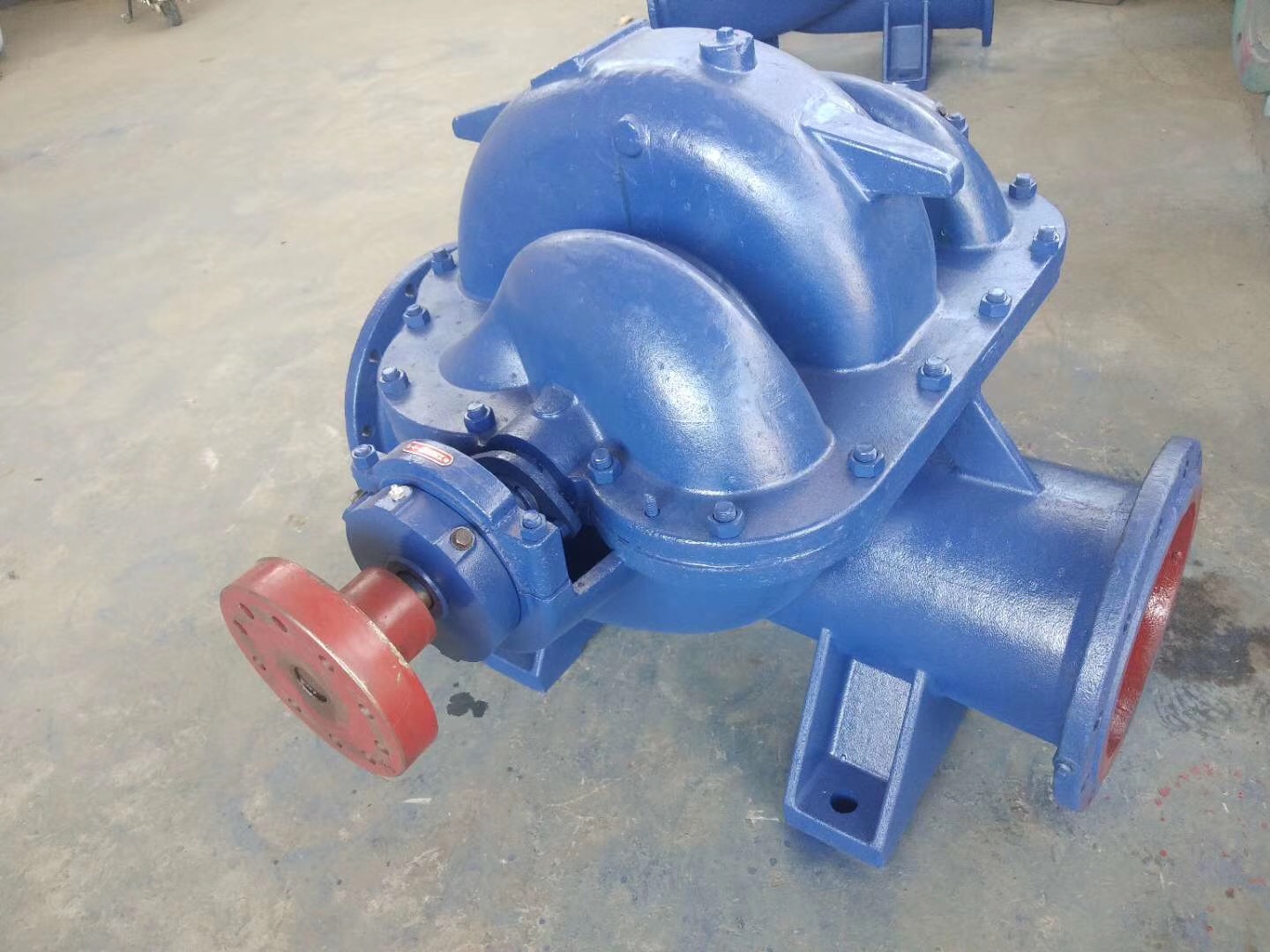Arabic
- Afrikaans
- Albanian
- Amharic
- Arabic
- Armenian
- Azerbaijani
- Basque
- Belarusian
- Bengali
- Bosnian
- Bulgarian
- Catalan
- Cebuano
- Corsican
- Croatian
- Czech
- Danish
- Dutch
- English
- Esperanto
- Estonian
- Finnish
- French
- Frisian
- Galician
- Georgian
- German
- Greek
- Gujarati
- Haitian Creole
- hausa
- hawaiian
- Hebrew
- Hindi
- Miao
- Hungarian
- Icelandic
- igbo
- Indonesian
- irish
- Italian
- Japanese
- Javanese
- Kannada
- kazakh
- Khmer
- Rwandese
- Korean
- Kurdish
- Kyrgyz
- Lao
- Latin
- Latvian
- Lithuanian
- Luxembourgish
- Macedonian
- Malgashi
- Malay
- Malayalam
- Maltese
- Maori
- Marathi
- Mongolian
- Myanmar
- Nepali
- Norwegian
- Norwegian
- Occitan
- Pashto
- Persian
- Polish
- Portuguese
- Punjabi
- Romanian
- Russian
- Samoan
- Scottish Gaelic
- Serbian
- Sesotho
- Shona
- Sindhi
- Sinhala
- Slovak
- Slovenian
- Somali
- Spanish
- Sundanese
- Swahili
- Swedish
- Tagalog
- Tajik
- Tamil
- Tatar
- Telugu
- Thai
- Turkish
- Turkmen
- Ukrainian
- Urdu
- Uighur
- Uzbek
- Vietnamese
- Welsh
- Bantu
- Yiddish
- Yoruba
- Zulu
Telephone: +86 13120555503
Email: frank@cypump.com
ديسمبر . 05, 2024 15:22 Back to list
sewage tank pump
Understanding Sewage Tank Pumps An Essential Component for Efficient Wastewater Management
Sewage tank pumps are vital devices in the waste management industry, crucial for maintaining hygiene and environmental stability. These pumps are designed to handle the transportation and disposal of sewage and wastewater from residential and commercial properties to treatment facilities or septic systems. Understanding how sewage tank pumps work and their importance can help homeowners, builders, and municipal planners make informed decisions regarding their installation and maintenance.
What is a Sewage Tank Pump?
A sewage tank pump, also known as a sewage grinder pump or effluent pump, is specifically engineered to manage and transport wastewater containing solid waste. Unlike typical sump pumps, which deal primarily with clear water, sewage pumps can handle effluents containing larger solids. These pumps are usually submersible, meaning they operate while submerged in the waste tank or well. This design helps reduce noise and protects the pump from external environmental damage.
How Do Sewage Tank Pumps Work?
Sewage tank pumps operate on a relatively simple principle. When wastewater accumulates in a sewage tank, the pump is activated either by a float switch, which detects the rising water level, or a pressure switch that monitors pressure changes. Upon activation, the pump uses an impeller to create a vortex, drawing wastewater into the pump itself. The pump then discharges the wastewater through a pipe leading to the municipal sewer system or a septic tank.
Because sewage often contains solid particles, many pumps are equipped with cutting mechanisms, which shred solids into smaller pieces before pumping. This feature is crucial to prevent clogging and ensure smooth operation, especially in areas where sewage must travel considerable distances before reaching its final destination.
Importance of Sewage Tank Pumps
1. Health and Safety Efficiently managing sewage is a public health essential. Sewage tank pumps help collect and transport wastewater safely, minimizing the risk of human exposure to harmful pathogens and toxic substances present in untreated sewage.
sewage tank pump

2. Environmental Protection Proper sewage management protects local ecosystems and water sources from contamination. By ensuring that waste is directed away from residential areas and natural habitats, these pumps play a crucial role in maintaining environmental integrity.
3. Preventing Infrastructure Damage Over time, sewage build-up can lead to blockages that may damage infrastructure. By keeping sewage flowing to treatment facilities, pumps help prevent costly repairs and emergency situations.
4. Increasing Property Value Having a well-functioning sewage system, including pumps, can enhance a property's value. Homebuyers often look for homes equipped with reliable sewage solutions, knowing that these systems will save them from potential health hazards and maintenance headaches down the line.
Choosing the Right Sewage Tank Pump
Selecting the right sewage tank pump depends on several factors, including the volume of sewage to be handled, the number of fixtures connected to the system, the distance sewage must travel, and the nature of solid waste present. Key specifications to consider include
- Flow Rate Measured in gallons per minute (GPM), this indicates how quickly the pump can move sewage. - Head Pressure This is a measure of how high the pump can lift the sewage. - Power Source Pumps can be electric or manual, and users should consider backup options for emergency situations. - Materials Durable materials such as cast iron or stainless steel can enhance pump longevity, especially in corrosive environments.
Maintenance and Care
Regular maintenance of sewage tank pumps is essential for their longevity and efficiency. This can include routine checks for clogs, inspecting electrical components, and ensuring the float switches are functioning correctly. Homeowners should schedule professional inspections to identify and resolve any issues promptly, thus avoiding costly repairs or replacements.
In conclusion, sewage tank pumps are an indispensable part of modern wastewater management. From safeguarding public health and protecting the environment to ensuring the longevity of property, these pumps play a pivotal role in the effective disposal of waste. As technology advances, future innovations will likely enhance their efficiency and reliability, thereby supporting sustainable waste management practices for communities worldwide.
-
Reliable Non-Clog Sewage Pumps with GPT-4-Turbo Tech
NewsAug.04,2025
-
High-Performance Air Pumps for Sand & Gravel | Efficient Transport
NewsAug.03,2025
-
ISG Series Vertical Pipeline Pump - Chi Yuan Pumps Co., LTD.|Energy Efficiency, Corrosion Resistance
NewsAug.03,2025
-
ISG Series Pipeline Pump - Chi Yuan Pumps | Energy Efficiency&Compact Design
NewsAug.03,2025
-
ISG Series Vertical Pipeline Pump - Chi Yuan Pumps Co., LTD.|High Efficiency, Low Noise, Durable
NewsAug.02,2025
-
ISG Series Vertical Pipeline Pump - Chi Yuan Pumps | High Efficiency, Low Noise
NewsAug.02,2025










